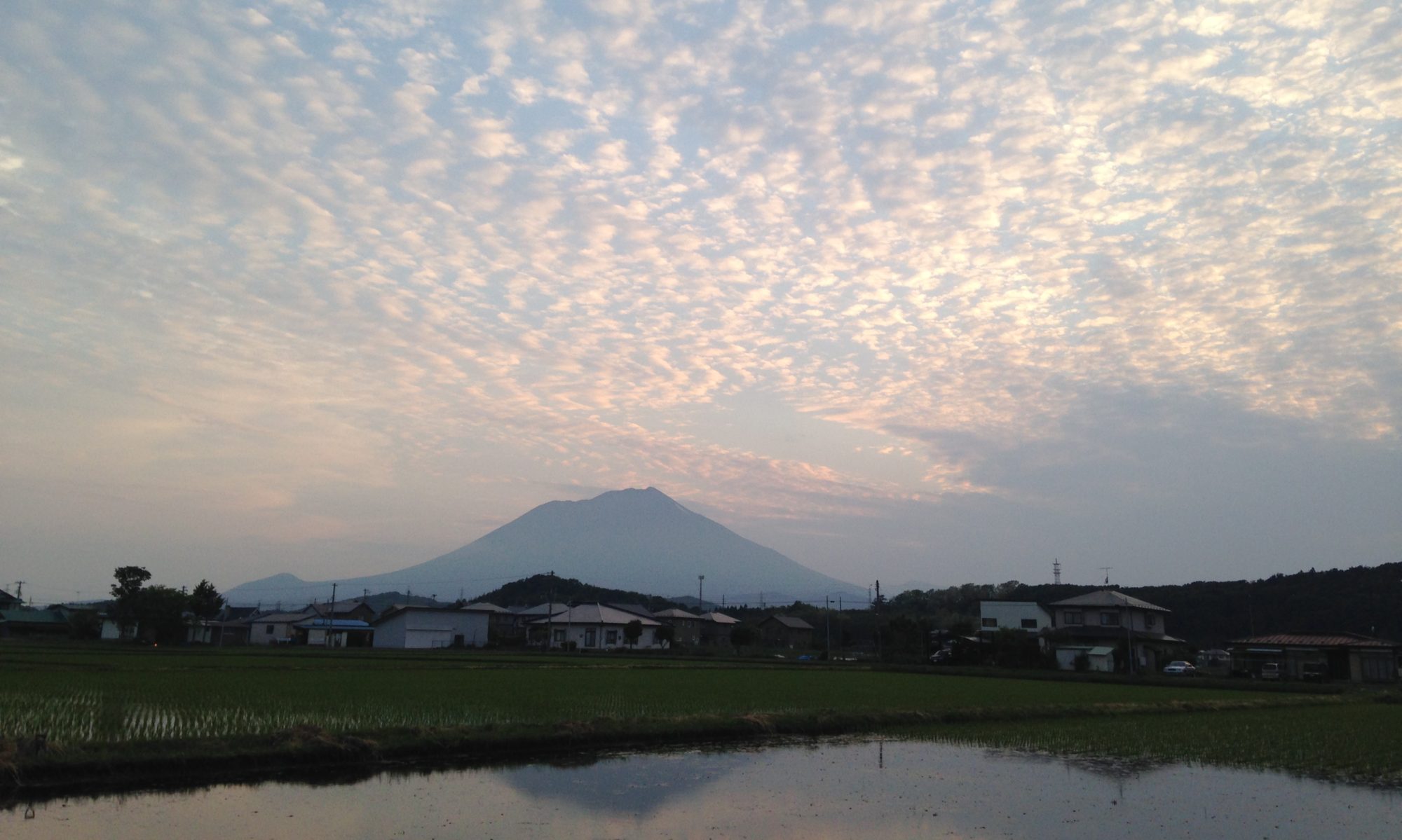Part nine of the Twelve Stories series.
Like so many ceilings in the US, the one in this cafe is white. Based on the ceiling alone, you’d have no idea where you were. Like, you’d probably think it was a house, as to who lived in the house, even if you lived there, you couldn’t tell.
You couldn’t do it.
It has those little ridges that oh so many ceilings have. There appears to be some indiscernible pattern in them. The overall pattern is mysterious, but there is some shape which seems to be repeating, although not entirely the same. Kind of like circles, but not a circle with a drawn perimeter, but with the circle’s area made of lines radiating out from the center at random angles.
A circle with a radius equal to one has a circumference of exactly twice the value of pi.
But these, again, aren’t perfect circles adorning this cafe ceiling. If you were to draw a border around each of those bunches of ridges, they would each be vaguely circular, but kind of oblong and irregular.
The ceiling has either been freshly painted, or is completely free of watermarks. Not the kind of watermarks that are used in branding, but the brownish, dirty kind that the word leads ones to believe are caused, somehow, by water. It, the water, has to pass through what could only be described as suspicious roofing (as keeping the elements at bay being one of the precise purposes for bothering to roof oneself), manage it’s way through the ceiling material of any attic space which may or may not lie above, if there is any, and then it, the water, must seep through while simultaneously being halted by the ceiling. Somewhere along the way, the water must become foul and leave a brown stain or something. The appearance of the cafe ceiling does not give any clear indication of the presence of other floors, or if this is the top floor of the building, or if there was some sort of attic, the lighting only revealing that a window or door must be open while eliciting nothing regarding a sense of elevation. No green glow of plant life reaches the ceiling, just the soft white light of an overcast sky or maybe a LED lamp or something. The ceiling is much too well lit for anything less than a tremendous lighting setup, so it’s probably natural lighting. The lighting makes shadows of the ridges of what is maybe paint, but reveals no lines of paint brushes or other tools. This alone, however, is not enough to rule out the possibility of paint covering watermarks on the cafe ceiling.
One could call the ceiling of this cafe unremarkable, in a way.
